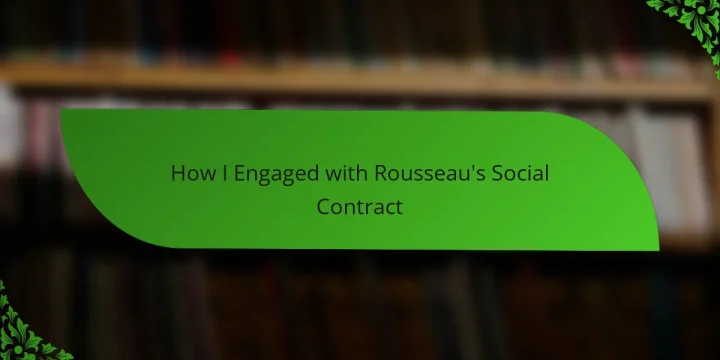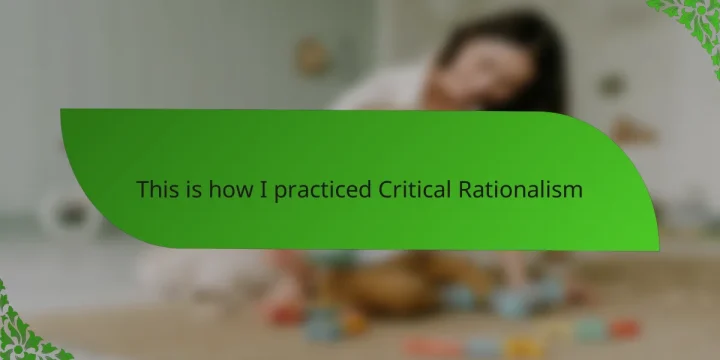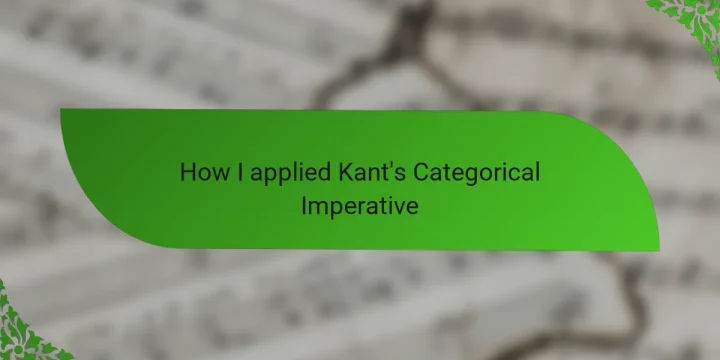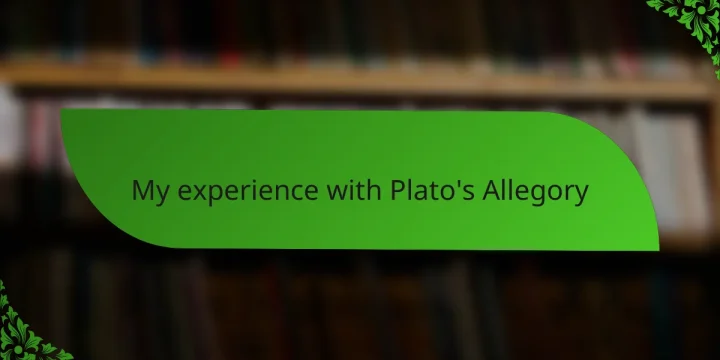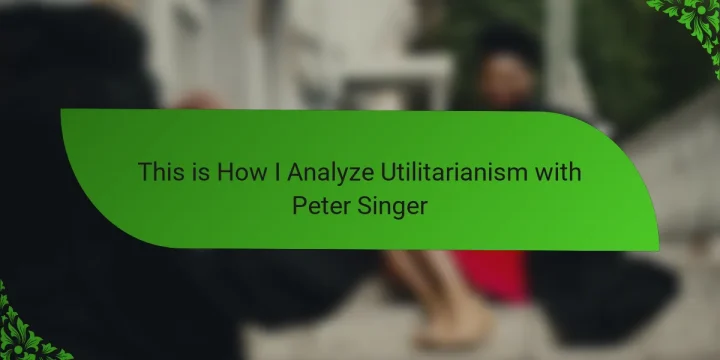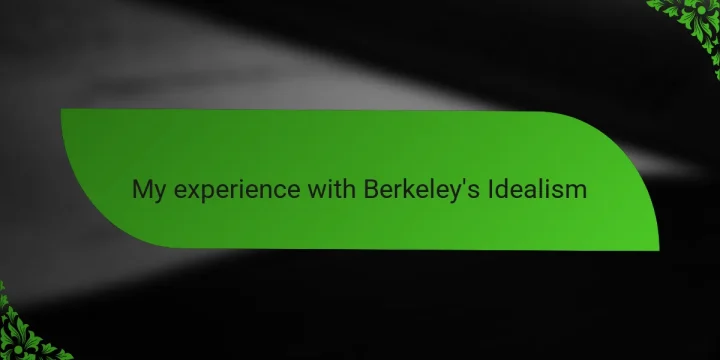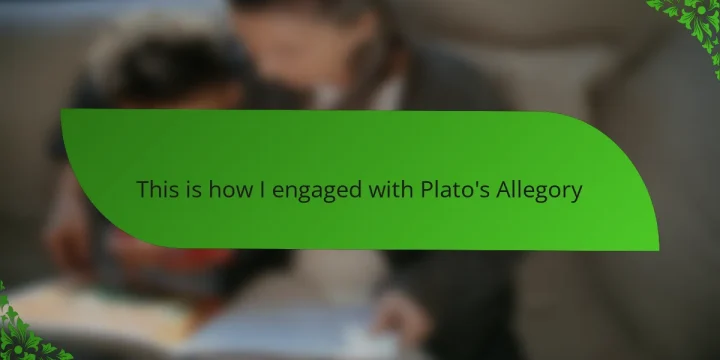
Key takeaways Critical pedagogy emphasizes co-creation of knowledge, where both teachers and students engage in dialogue to challenge societal norms. Paulo Freire's principles of dialogue, conscientization, and praxis encourage active questioning and reflection, fostering a deeper understanding of education's political nature. Applying critical pedagogy transforms classrooms into spaces of mutual respect and critical engagement, where students feel empowered to examine their own assumptions. Reflection on teaching experiences highlights the importance of vulnerability and discomfort in promoting genuine learning and connection with students. Understanding Critical Pedagogy When I first encountered critical pedagogy, it felt like a breath of fresh air amid traditional teaching methods. It’s not just about transferring knowledge but questioning the very structures that shape education and society. Have you ever wondered why certain voices dominate classrooms while others…
